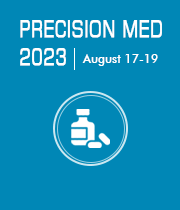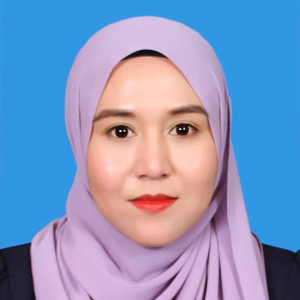Title: Unraveling cancer stem cell signatures in circulating tumor cells of metastatic colorectal cancer: Investigating ALDH1A1 and the repurposing potential of disulfiram via scRNA-seq
Abstract:
Colorectal cancer (CRC) metastasis remains a significant challenge, and the presence of cancer stem cells (CSCs) within circulating tumor cells (CTCs) plays a critical role in this process. This study aimed to unravel the cancer stem cell signatures in CTCs of metastatic colorectal cancer, with a particular focus on investigating ALDH1A1 expression and exploring the potential repurposing of disulfiram as a therapeutic agent. Using single-cell RNA sequencing (scRNA-seq), we successfully captured and analyzed CTCs from a cohort of metastatic colorectal cancer patients. Initial results revealed the capture of 800 CTCs, with a median number of genes per cell of 560.5 and a median UMI count per cell of 1091. After stringent processing, the estimated number of cells became 548 CTCs, with a total number of genes of 20582, a median number of genes per cell of 846, and a median UMI count per cell of 1297. Through clustering analysis, we identified five distinct cell clusters within the CTC population. To investigate their stemness properties, we examined these clusters for the expression of 43 cancer stem cell-associated markers. Notably, ALDH1A1, a gene of increasing interest due to its potential in drug repurposing using disulfiram, emerged as a prominent marker in cluster 0 and cluster 1. ALDH1A1 expression was detected in more than 16% of cells, with 60 cells specifically expressing ALDH1A1. The identification of ALDH1A1- expressing CTCs provides valuable insights into the potential targeting of CSCs in metastatic colorectal cancer. Disulfiram, an ALDH1A1 inhibitor, has shown promise in inhibiting CSCs in other cancer types. The co-expression of ALDH1A1 in CTCs suggests the potential repurposing of disulfiram as a therapeutic strategy for targeting CSCs in metastatic colorectal cancer. This finding opens doors for further investigations into the efficacy and safety of disulfiram in preclinical and clinical settings. In conclusion, our study demonstrates the successful identification and characterization of ALDH1A1-expressing CTCs in metastatic colorectal cancer using scRNA-seq. The presence of ALDH1A1-positive CTCs suggests their potential role as CSCs in driving metastasis and therapeutic resistance. Moreover, the repurposing potential of disulfiram as an ALDH1A1 inhibitor highlights a promising avenue for precision therapy in metastatic colorectal cancer. Future directions include functional studies to validate the role of ALDH1A1- expressing CTCs as CSCs, elucidating the mechanisms underlying their metastatic potential, and investigating the efficacy of disulfiram in targeting ALDH1A1-positive CSCs. The findings presented here have implications for personalized treatment approaches and the development of novel therapies to combat metastatic colorectal cancer
Audience Take Away Notes :
- The identification of ALDH1A1 as a prominent cancer stem cell marker in circulating tumor cells (CTCs) of metastatic colorectal cancer through scRNA-seq analysis.
- Audience can gain insights into the potential role of ALDH1A1-positive CTCs in driving metastasis and therapeutic resistance.
- The potential repurposing of disulfiram, an ALDH1A1 inhibitor, as a therapeutic strategy for targeting ALDH1A1-positive cancer stem cells in metastatic colorectal cancer.
- Audience can understand the implications of repurposing disulfiram and its potential impact on targeted therapy.
- The successful application of single-cell RNA sequencing (scRNA-seq) technology for the capture and analysis of CTCs in metastatic colorectal cancer.
- Audience can learn about the utility and potential of scRNA-seq in studying CTCs and cancer stem cells.


